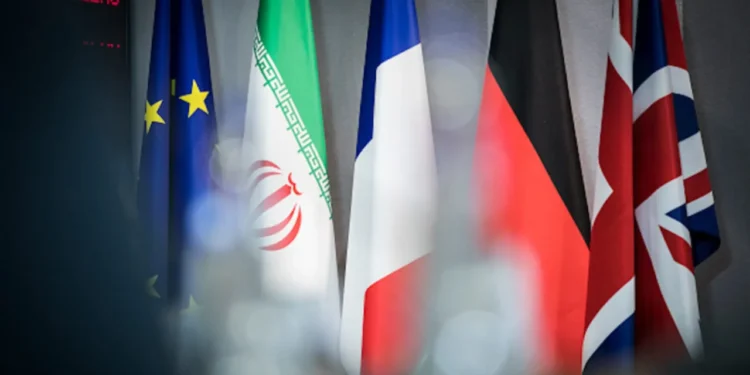Brussels (Brussels Morning) – The European Council pledges further sanctions against Iran, condemns its aggression, and reaffirms support for Israel’s security while advocating for regional de-escalation and peace initiatives.
European Union heads of government have pledged “further restrictive measures” against Iran, with further sanctions sought for its missile and drone production. The steps are an aspect of the first tranche of conclusions from the EU Council meeting in Brussels.
According to EURepoeter, European leaders consented to a message of both backing and restraint to Israel. The Council “strongly and unequivocally” denounced the Iranian attack on Israel and reaffirmed its “full solidarity with the people of Israel and dedication to Israel’s security and regional stability”.
How Does the EU Support Israel’s Security?
A message insisting “all parties to exercise the utmost restraint and to refrain from any action that may increase tensions in the region” reflects European worries that Israeli retaliation for Iran’s missile and drone attack could usher to a wider conflict. But it’s “Iran and its proxies” that must “cease all attacks”.
What Actions Does the EU Condemn Iran’s Aggression?
Further restrictive actions against Iran are promised, notably concerning drones and missiles. EU foreign ministers have already started the process of defining additional sanctions against Iran’s production of these weapons. It is of course impossible to discuss Iran’s attack on Israel and the actions of its proxies, such as the Houthis attacking ships in the Red Sea, in isolation. They are part of a wider crisis that has flowed from the Hamas attack on Israel and the subsequent Israeli invasion of Gaza.
How Does the EU Address Tensions in Gaza?
The European Council has expressed that it “remains fully committed to contributing to de-escalation and security in the region”. The EU Council recalled its conclusions of March 2024 in all their details and restated its commitment to work with allies to end the crisis in Gaza without hesitation and implement United Nations Security Council Resolution 2728, including via reaching an immediate truce and the unconditional release of all hostages, as well as delivering full, rapid, safe and unhindered access to humanitarian assistance at scale for Palestinians in need. The European Union states that it remains firmly committed to a lasting and sustainable peace based on the two-state solution.
How Does the EU Support Peace in Lebanon?
The European Council reaffirmed that it stands willing to perform with all partners to avoid further escalation of pressures in the region, notably in Lebanon. It recalls its firm support for Lebanon and the Lebanese people and acknowledges the challenging circumstances Lebanon is experiencing domestically and as a result of regional tensions. The European Council urged all parties to engage in the implementation of the United Nations Security Council Resolution. The European Council stated that it remains committed to peace in Lebanon, including through supporting much-needed reforms and strengthening its backing of the Lebanese Armed Forces.
The European Council also confirmed the EU’s determination to help the most vulnerable people in Lebanon, including refugees, internally displaced persons and host societies in need, as well as providing help to combat human trafficking and smuggling. The European Council recalled the need to accomplish conditions for safe, voluntary and noble returns of Syrian refugees, as defined by UNHCR.




